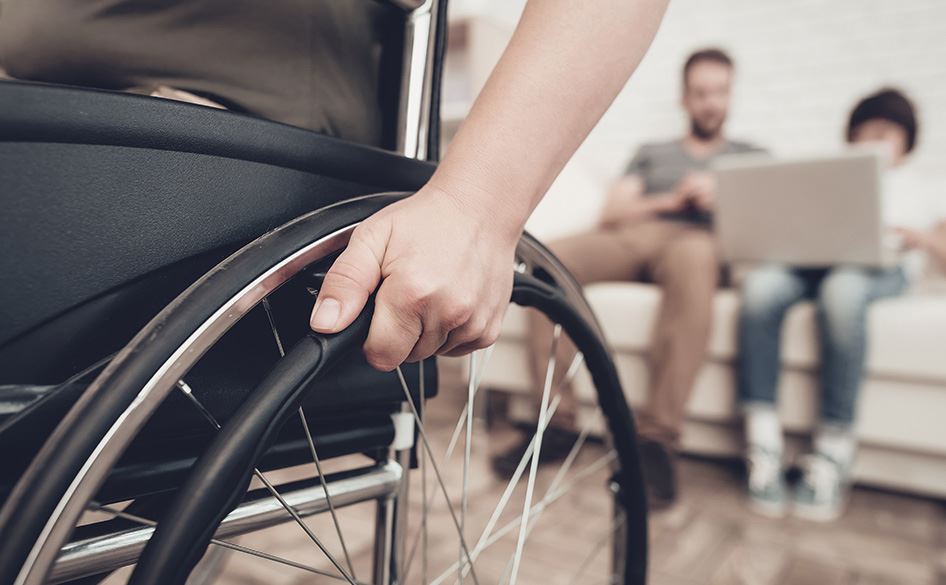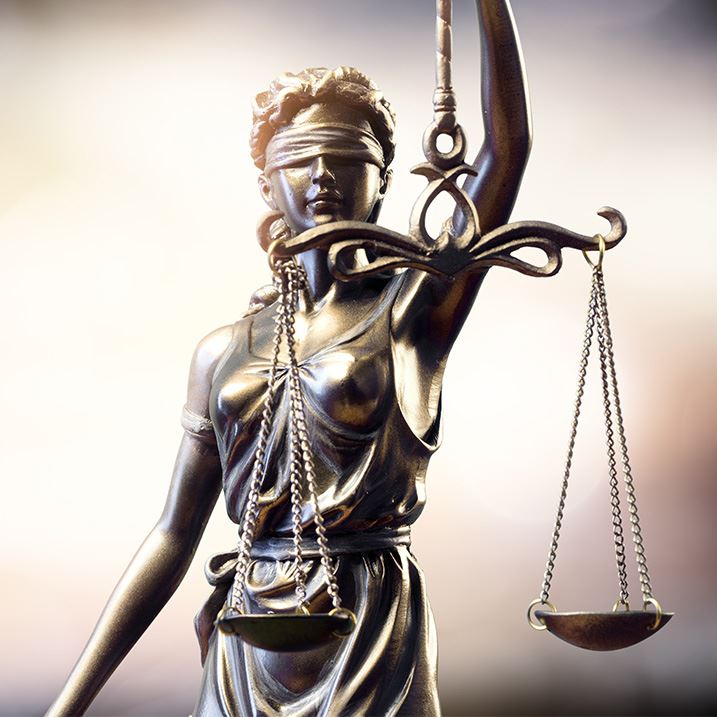
Conroe Personal Injury Lawyers
When you or someone you love has suffered injuries because another person or organization was careless, you have the right to be compensated. Whether or not you get that compensation, and whether or not It’s a fair amount, may come down to how aggressive and diligent your Conroe personal injury lawyer is in negotiating a settlement. Clients who come to JD Law can be confident in getting the vigorous representation they deserve.
Why Hire a Personal Injury Attorney to Represent You?
Hiring an experienced personal injury lawyer offers several critical benefits for those who have been seriously injured in an accident. A skilled lawyer has the knowledge to navigate complex legal procedures and can handle all aspects of a claim, ensuring that you receive fair compensation. Working with a dedicated legal team can also provide crucial support and advocacy during a stressful time, allowing the injured party to focus on recovery. In addition, the experience and knowledge of a local law firm can significantly increase the likelihood of a successful outcome in a personal injury case.
We serve both the English and Spanish-speaking communities. Call (936) 233-6548 or reach out online to discuss your case.
Types of Personal Injury Claims in Texas
Texas law allows individuals to seek compensation for a wide range of personal injury cases. Some of the most common personal injury claims handled by our Conroe personal injury lawyers include:
- Car Accidents: Whether the accident was the result of distracted driving, speeding, or another form of negligence, victims may be entitled to compensation for their injuries. In Texas, the party responsible for the accident is generally liable for the damages caused.
- Truck Accidents: Commercial truck accidents often lead to severe injuries due to the size and weight of the trucks involved. These accidents can result from driver fatigue, improperly secured loads, or faulty equipment.
- Motorcycle Accidents: Motorcyclists are at a higher risk of severe injury due to the lack of protection compared to those in passenger vehicles. A motorcycle accident can result in life-altering injuries, and a Conroe personal injury lawyer can help you seek compensation for medical bills, lost wages, and pain and suffering.
- Slip and Fall Accidents: Slip and fall accidents can occur on private or public property, including stores, restaurants, and even in people’s homes. If you slip and fall due to a hazardous condition such as a wet floor, uneven pavement, or inadequate lighting, you may have the right to pursue a personal injury claim.
- Workplace Accidents: If you’re injured on the job, you may be entitled to workers' compensation benefits. However, in some cases, you may have the option to pursue a personal injury claim against a third party responsible for your injury, such as a contractor or manufacturer of faulty equipment.
- Medical Malpractice: If a healthcare provider’s negligence leads to injury or death, the victim may be entitled to compensation for their damages. Medical malpractice can occur in various situations, including surgical errors, misdiagnosis, and medication mistakes.
- Product Liability: If a defective or dangerous product causes injury, the manufacturer, distributor, or retailer may be held responsible.
- Wrongful Death: If someone’s negligence or wrongful act leads to the death of a loved one, the surviving family members may be able to file a wrongful death claim. This claim seeks compensation for the financial losses and emotional pain caused by the death of a loved one.
What Types of Compensation are Available in Personal Injury Claims?
In Texas, individuals who have been injured due to someone else’s negligence may be entitled to various types of compensation, including:
- Medical Expenses: This includes the cost of immediate and future medical treatment, such as hospital bills, surgery, therapy, medication, and rehabilitation.
- Lost Wages: If your injury prevents you from working, you may be entitled to compensation for the wages you’ve lost as a result of your inability to work.
- Pain and Suffering: Compensation for physical pain, emotional distress, and mental anguish caused by the injury.
- Property Damage: If your property, such as your vehicle, was damaged in an accident, you may be able to recover the costs of repair or replacement.
- Punitive Damages: In cases involving extreme negligence or malicious intent, punitive damages may be awarded in addition to compensatory damages. These damages are meant to punish the responsible party and deter similar behavior in the future.

How to Prove Fault in a Personal Injury Case?
In a personal injury case, negligence is the legal concept that forms the basis for holding someone responsible for the harm they caused. Negligence consists of four essential elements that must be proven in order to establish liability. These elements are:
- Duty of care
- Breach of duty
- Causation
- Damages
Here is what those concepts mean:
Duty of Care
A duty of care is a legal obligation to act reasonably and avoid causing harm to others. This duty is often established by the relationship between the parties involved. For example, a driver has a duty to exercise reasonable care while operating a vehicle on the public roads. A doctor has a duty of care to act responsibly towards their patients.
Breach of Duty
Once the duty of care is established, the next step is to demonstrate that the defendant breached that duty. This means showing that they failed to meet the standard of care expected of them under the circumstances. The standard of care is determined by considering how a reasonable person would have acted in the same situation. If the defendant's conduct falls below this standard, it may be considered a breach of duty. People are not expected to be perfect or to always avoid accidents, but they are expected to act reasonably.
Causation
Causation involves proving that the defendant's breach of duty was the direct cause of the plaintiff's injuries. There are two types of causation that need to be established--actual cause and proximate cause. Actual cause refers to showing that the defendant's actions were the factual reason for the harm. Proximate cause requires demonstrating that harm was a foreseeable consequence of the defendant's actions.
Damages
In order to successfully pursue a personal injury claim, the plaintiff must show that they suffered actual harm or damages as a result of the above three steps. Damages can include physical injuries, emotional distress, medical expenses, loss of income, and other losses. It is essential to provide evidence and documentation to support the extent of the harm suffered.
It's important to note that each of these four elements must be proven by a preponderance of the evidence, meaning that it is more likely than not that the defendant is responsible for the plaintiff's injuries. Failure to prove any of the four elements will end any hope of getting a settlement.
Count on Our Conroe Personal Injury Attorneys to Fight for You
Proving all four elements of negligence requires detailed legal footwork. Winning a fair settlement, either in negotiation or litigation, calls for determined tenacity on the part of your Conroe personal injury attorney. Diligence, attention to detail, and determination are the hallmarks of what we do at JD Law. We’ve been helping clients throughout Montgomery County and beyond since 2005, and we welcome the chance to help you next.
Call JD Law today at (936) 233-6548 or contact us online!




